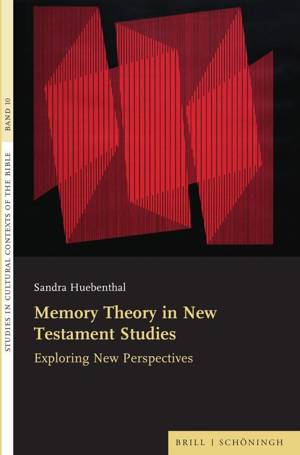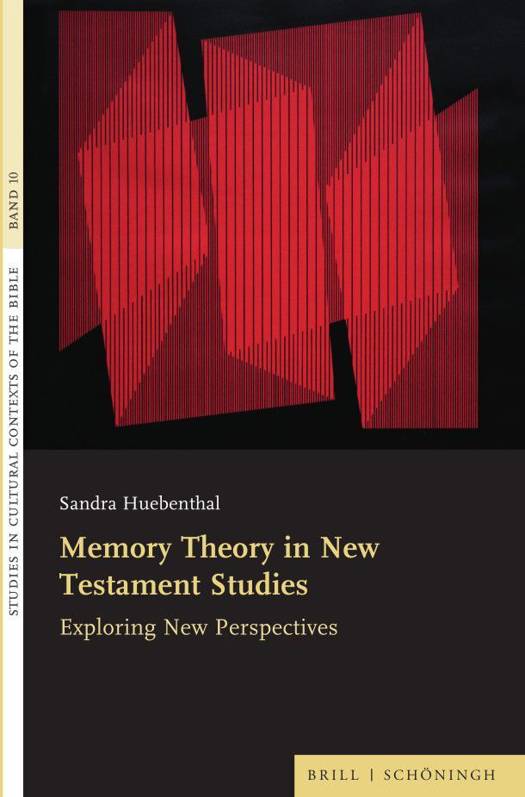
Door een staking bij bpost kan je online bestelling op dit moment iets langer onderweg zijn dan voorzien. Dringend iets nodig? Onze winkels ontvangen jou met open armen!
- Afhalen na 1 uur in een winkel met voorraad
- Gratis thuislevering in België vanaf € 30
- Ruim aanbod met 7 miljoen producten
Door een staking bij bpost kan je online bestelling op dit moment iets langer onderweg zijn dan voorzien. Dringend iets nodig? Onze winkels ontvangen jou met open armen!
- Afhalen na 1 uur in een winkel met voorraad
- Gratis thuislevering in België vanaf € 30
- Ruim aanbod met 7 miljoen producten
Zoeken
€ 116,45
+ 232 punten
Omschrijving
This book collects ten of Sandra Huebenthal's most important contributions to the application of Social Memory Theory in Biblical studies. The volume consists of four parts, each devoted to a particular field of research. Part one addresses the general impact of Social Memory Theory for the New Testament. The second part analyzes how Social Memory Theory adds to exploring the phenomenon of (biblical) intertextuality as a strategy for negotiating Early Christian identity and the third part investigates how New Testament pseudepigraphy provides a different approach for understanding the negotiation and formation of Christian identities. Finally, part four provides an outlook how the hermeneutical approach can enhance Patristic research. The ten essays originate from discussions about Social Memory Theory and the New Testament at international conferences, three of them are translations of German contributions, while two are published for the first time in this volume.
Specificaties
Betrokkenen
- Auteur(s):
- Uitgeverij:
Inhoud
- Aantal bladzijden:
- 325
- Taal:
- Engels
- Reeks:
- Reeksnummer:
- nr. 10
Eigenschappen
- Productcode (EAN):
- 9783506790811
- Verschijningsdatum:
- 13/11/2023
- Uitvoering:
- Hardcover
- Formaat:
- Genaaid
- Afmetingen:
- 158 mm x 27 mm
- Gewicht:
- 993 g

Alleen bij Standaard Boekhandel
+ 232 punten op je klantenkaart van Standaard Boekhandel
Beoordelingen
We publiceren alleen reviews die voldoen aan de voorwaarden voor reviews. Bekijk onze voorwaarden voor reviews.











